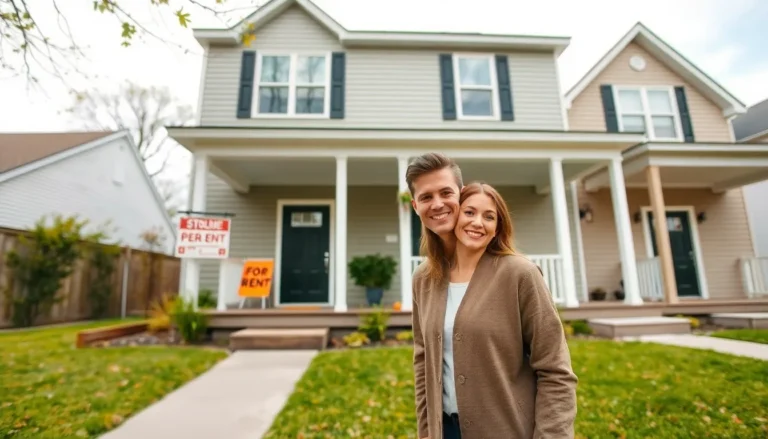Table of Contents
ToggleEver looked at your split level home and thought, “this could use a bit of magic?” If you’re nodding your head, you’re in the right place. Split level homes can sometimes feel like a puzzle, but with the right renovation ideas, your space can transform from ‘meh’ to majestic quicker than you can say ‘open concept.’ Let’s jump into some fantastic plans that will have your home not just looking better, but feeling cozier and more functional too.
Understanding Split Level Homes

Renovating a split level home isn’t just about aesthetics: it’s about understanding the unique structure of these types of homes. Typically characterized by multiple levels connected by short flights of stairs, a split level layout can offer distinct zones for living, sleeping, and entertaining. This design can be a blessing and a curse, while it gives homeowners a canvas to work with, it also presents challenges if one isn’t familiar with the layout. By appreciating its architectural quirks, you can better tailor your renovation to enhance both form and function.
Common Features of Split Level Homes
Split level homes often boast features such as vaulted ceilings, large windows, and defined yet open spaces. A common design is the three-level layout: an upper level for sleeping, a main (or middle) level for living, and a lower level for utility spaces. This separation can foster intimacy while maintaining an airy feel. Homeowners should look for ways to highlight these features in their renovations: for instance, large windows can be enhanced with window treatments that let in light while adding style.
Planning Your Renovation
Renovating a split level home involves thoughtful planning to maximize space and improve functionality. Many homeowners start with a vision of how they want their home to feel. Here are some tailored suggestions:
Interior Renovation Ideas
A fresh coat of paint can do wonders. Choose colors that complement the style of the home. Lighter tones can enhance the sense of space while making rooms feel airier.
Open Concept Living Spaces
If the existing layout feels cramped, consider removing a non-load-bearing wall to create an open concept layout. This can unite the living and dining areas, making the space more inviting for family gatherings.
Updating Kitchens and Dining Areas
The kitchen is often the heart of the home. Modernizing this space with sleek cabinetry, a central island, and energy-efficient appliances can significantly uplift its functionality and aesthetics. Dining areas can also benefit from updated lighting and a more cohesive color scheme.
Revamping Bathrooms
Bathrooms in split level homes can feel isolated. Fresh tile, updated fixtures, and effective storage solutions can transform them into spa-like retreats.
Enhancing Natural Light
Installing larger windows or skylights can brighten up dark spaces, making the home feel more expansive. Think strategically about where to place these elements for maximum effect.
Exterior Renovation Ideas
First impressions matter, and the exterior of a split level home sets the tone for the entire property. Let’s look at some exterior upgrades:
Landscaping Enhancements
A well-designed landscape can enhance curb appeal and provide outdoor enjoyment. Consider incorporating low-maintenance plants and a welcoming path to draw guests in.
Updating Facades and Entrances
Investing in new siding, stone accents, or a refreshed front door can make a world of difference. A bold, welcoming color can add personality while enhancing your home’s exterior aesthetic.
Renovating Outdoor Spaces
Decks and patios can expand your living space outdoors. Consider redesigning these areas with comfortable seating and shade structures to create appealing spots for relaxation.
Sustainable Renovation Practices
These days, sustainability is all the rage, and for good reason. Adopting eco-friendly practices during renovations not only benefits the environment but can also save on future utility bills.
Energy Efficiency Upgrades
Investing in energy-efficient windows, insulation, and heating systems can dramatically reduce energy costs. For split level homes, ensure that every level maintains comfortable temperatures year-round, maximizing energy savings.
Eco-Friendly Materials and Practices
Utilizing reclaimed wood and non-toxic materials helps create a healthier living space. Also, opting for low-VOC paints improves indoor air quality, an important consideration for any home.







